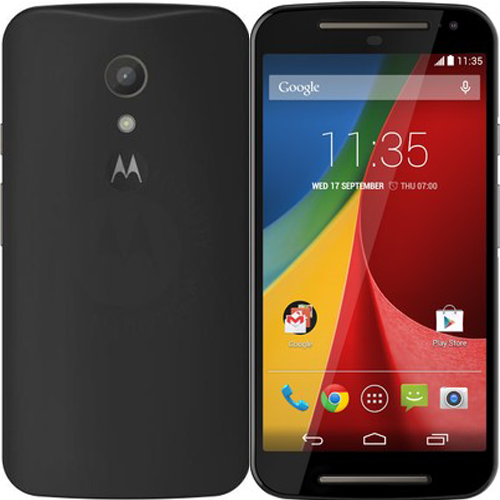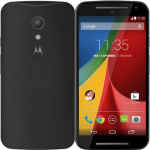
In recent years, Motorola has taken up making of budget smartphones that are still as good as many other smartphone out there. In 2014, the Chinese-owned company released the Moto E smartphone. The Moto E has enjoyed so much success and this has of course led to the release of the improved Moto E version with 4G capabilities.
The new smartphone features 4.5 inches display, a 5 megapixel camera, and a front facing camera with autofocus. Moto E runs on Android 5 Lollipop and unlike other manufacturers, like Samsung, that modify the operating system, Motorola uses the Android system as it is.
Seang Chau, a software engineer at Motorola, believes that there is no reason to modify the system by slowing it down. Chau also believes that leaving the software in its original state allows for quick updating of the software.
The phone weighs only 145 grams and comes with a non-removable battery. It also comes with 8 or 16 GB storage capacity. You can also find the MicroSD card slot under the colored band that is also removeable and customiseable.
According to the Motorola, the phone can last a whole day when well charged. Moto E is also water and scratch resistant.
The phone was recently released in UK and costs £109, which is an increase from its predecessor’s price that was going for under £90. The increased price may or may not affect its sales volume as this directly depends on whether the budget-conscious consumers will opt for budget phones from other manufacturers, or not.





 Google officials are likely to know much more about the acquisition of Nokia, so they strengthened their position in the mobile phone market in order to counteract the effect of the possible competition offered by the new phones branded Microsoft.
Google officials are likely to know much more about the acquisition of Nokia, so they strengthened their position in the mobile phone market in order to counteract the effect of the possible competition offered by the new phones branded Microsoft. Just one day after
Just one day after 

 Among other features are:
Among other features are: